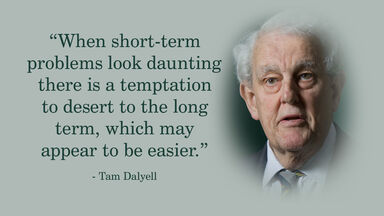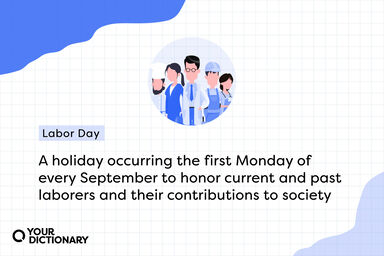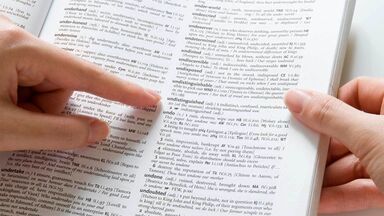He sat on various royal commissions, including those on the Civil Service and Venereal Diseases, and from 1917 to 1919 was again chairman of the Independent Labour party.
Several attempts had been made by individuals belonging to the Labour party to enter the New South Wales parliament, but it was not until 1891 that the occurrence of a general election gave the party the looked-for opportunity for concerted action.
This was called the " solidarity pledge," and, united under its sanction, what was left of the Labour party contested the general election of 1894.
The two features of the Labour party in New South Wales are its detachment from other parties and the control of the caucus.
He unsuccessfully contested Blackburn in 1900 and Wakefield in 1902, and in 1903 he became chairman of the Independent Labour party.





